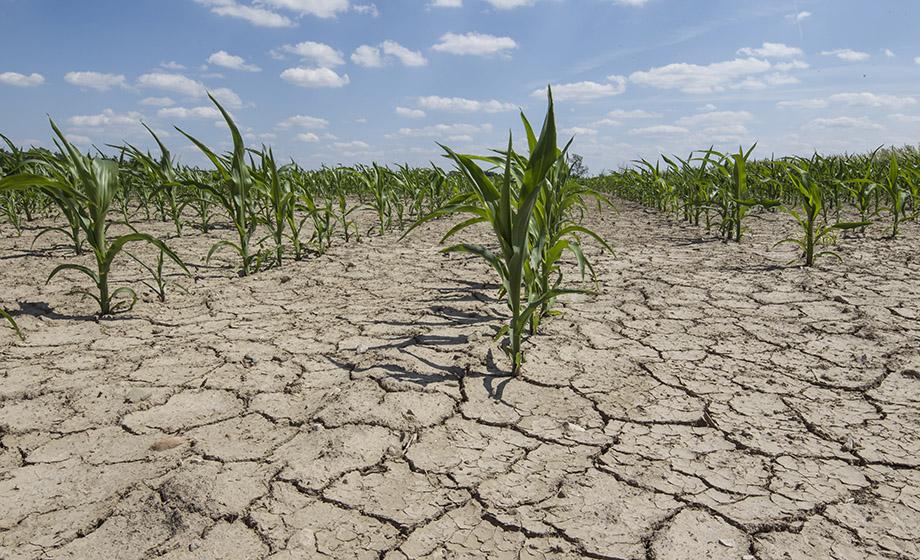
Two experts from Clark University will serve as lead authors for the next major report by the United Nations’ Intergovernmental Panel on Climate Change.

Edward Carr, professor and director of Clark’s Department of International Development, Community, and Environment, and Elisabeth Gilmore, associate professor, are among the 721 experts who will contribute to the Intergovernmental Panel on Climate Change (IPCC)’s Sixth Assessment Report, which will be released in 2021. Both Carr and Gilmore will be lead authors for chapters in the IPCC Working Group II report, which focuses on the impacts, adaptation, and vulnerability to climate change.
IPCC reports are widely considered the most important scientific foundation for international politics on climate change. IPCC Assessment Reports provide all levels of governments with scientific information they can use to develop climate policies, and are a key input into the international negotiations to tackle climate change.
“It is rare and exciting for a department of our size to have more than one faculty member as a lead author of an IPCC Assessment Report,” says Carr, noting that Clark experts have the same or an even greater level of involvement in preparing these reports as do experts at several Ivy League schools in New England. “It speaks to the strength IDCE and Clark have in the area of climate change adaptation, and the ways in which this expertise is woven deeply into our research and teaching.”
Carr is a lead author for “Climate Resilient Development Pathways,” a chapter focused on the vulnerability of socioeconomic and natural systems to climate change. The chapter will feature viable future adaptation pathways for people and places throughout the world, and effective strategies for building resilience to a changing climate now and in the future.
“This chapter reflects my own personal interests and experience; I’m honored to contribute to something with such tremendous potential to influence policy decisions on adaptation and resilience over the next decade and beyond,” he says.

Carr is a geographer and anthropologist whose career and research focus on exploring alternative ways of improving human well-being. He has worked in rural sub-Saharan Africa on issues of development and global change among various rural communities.
Gilmore is a lead author for the chapter on impacts, vulnerability, and adaptation in North America. She will draw upon her research evaluating the benefits, costs, and risks from climate change across multiple sectors, including energy, air quality, and issues related to security and conflict.
“As a first-time author, it is a privilege to be involved in preparing the Sixth Assessment Report,” Gilmore says. ”This work is critical for identifying opportunities and barriers to address both near-term and long-term climate risks in this region.”
“The Sixth Assessment Report will update our knowledge on climate change, its impacts and risks, and possible response options, and play an important role in implementing the Paris Agreement,” IPCC Chair Hoesung Lee says. “These author teams, drawn from the hundreds of excellent nominations the IPCC was fortunate to receive, provide us with the necessary expertise across a range of disciplines to conduct the assessment.”
The IPCC is the United Nations body for assessing the science related to climate change. It was established by the United Nations Environment Programme (UN Environment) and the World Meteorological Organization (WMO) in 1988 to provide policymakers with regular scientific assessments concerning climate change, its implications and risks, as well as to put forward adaptation and mitigation strategies.


